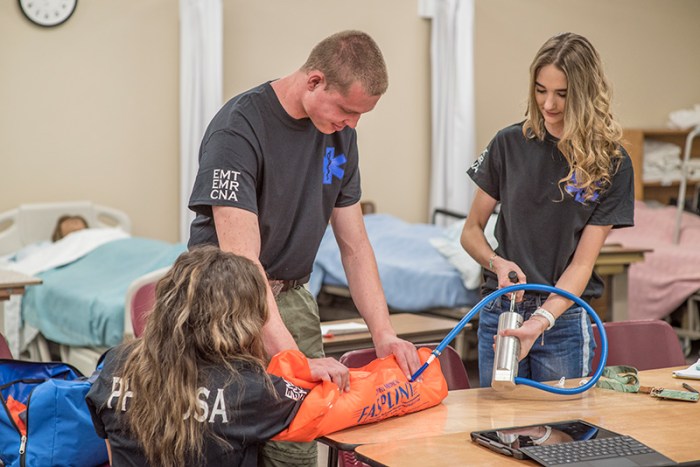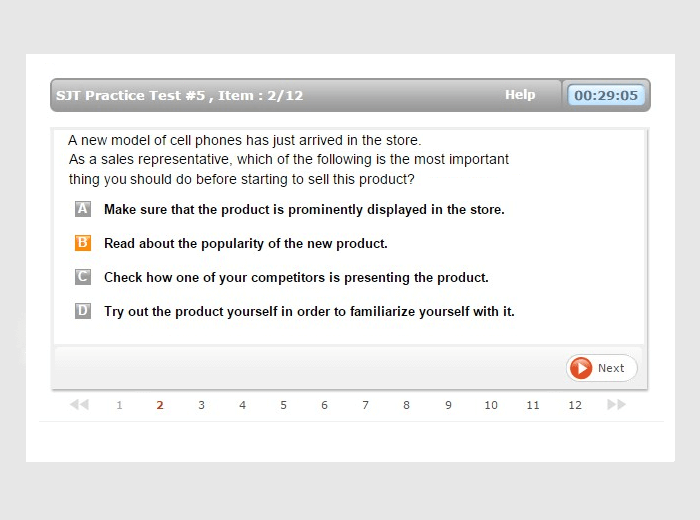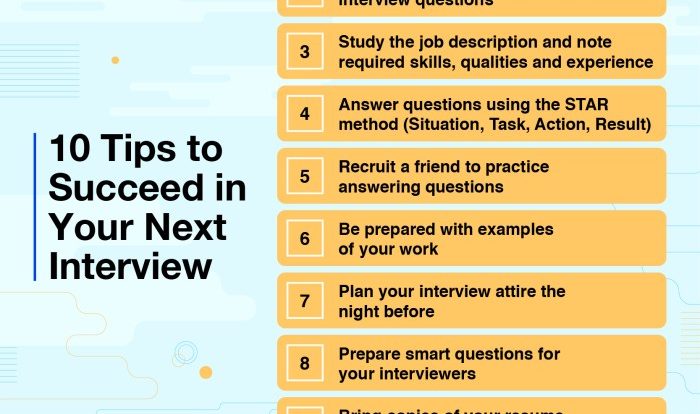Workplace readiness skills test 100 questions answers – Embark on an exploration of workplace readiness skills test 100 questions and answers, an invaluable resource designed to enhance your understanding of the essential skills required for workplace success. This comprehensive guide delves into the intricacies of workplace readiness, providing a roadmap for individuals seeking to navigate the competitive job market with confidence.
Delving into the diverse categories of workplace readiness skills, we uncover the significance of soft skills, hard skills, and technical skills. We examine the purpose and types of workplace readiness skills tests, highlighting their benefits and limitations. Moreover, we provide expert tips for preparing for these assessments, emphasizing the importance of time management and test-taking strategies.
Workplace Readiness Skills Test

Workplace readiness skills are essential for individuals seeking to enter or advance in the job market. These skills encompass a range of abilities that enable individuals to perform effectively in the workplace, interact with colleagues, and contribute to organizational success.
Types of Workplace Readiness Skills

Workplace readiness skills can be broadly categorized into three main types: soft skills, hard skills, and technical skills.Soft Skills are interpersonal and communication skills that enable individuals to interact effectively with others in the workplace. These skills include:
- Communication
- Teamwork
- Problem-solving
- Critical thinking
- Time management
- Adaptability
Hard Skills are job-specific skills that are required to perform a particular job or task. These skills are typically acquired through education, training, or experience. Examples of hard skills include:
- Computer literacy
- Data analysis
- Financial literacy
- Marketing
- Engineering
Technical Skills are specialized skills that are used to operate equipment or perform specific tasks. These skills are often acquired through specialized training or certification. Examples of technical skills include:
- Computer programming
- Medical coding
- Equipment operation
- Construction techniques
Importance of Workplace Readiness Skills
Workplace readiness skills are essential for individuals to succeed in today’s competitive job market. These skills enable individuals to:
- Perform effectively in their roles
- Communicate and collaborate with colleagues
- Adapt to changing workplace environments
- Advance their careers
- Contribute to organizational success
Assessing Workplace Readiness: Workplace Readiness Skills Test 100 Questions Answers

Workplace readiness skills tests are used to assess an individual’s level of proficiency in various workplace readiness skills. These tests can be used for a variety of purposes, including:
- Hiring decisions
- Employee training and development
- Career counseling
- Identifying areas for improvement
Types of Workplace Readiness Skills Tests, Workplace readiness skills test 100 questions answers
There are several different types of workplace readiness skills tests available, including:
-
-*Paper-and-pencil tests
These tests are administered in a traditional pen-and-paper format and typically consist of multiple-choice questions.
-*Computer-based tests
These tests are administered on a computer and may include a variety of question types, such as multiple-choice, short answer, and essay questions.
-*Performance-based tests
These tests require individuals to demonstrate their skills through real-world tasks or simulations.
Benefits and Limitations of Workplace Readiness Skills Tests
Workplace readiness skills tests can provide a number of benefits, including:
-
-*Objectivity
These tests can provide an objective assessment of an individual’s skills, regardless of their background or experience.
-*Reliability
These tests are designed to be reliable, meaning that they produce consistent results when administered multiple times.
-*Validity
These tests are designed to be valid, meaning that they measure what they are intended to measure.
However, workplace readiness skills tests also have some limitations, including:
-
-*Bias
These tests may be biased towards certain groups of individuals, such as those with certain educational backgrounds or cultural backgrounds.
-*Cost
These tests can be expensive to administer, especially for large groups of individuals.
-*Time-consuming
These tests can be time-consuming to administer and score.
FAQ
What are the key types of workplace readiness skills?
Workplace readiness skills encompass soft skills (e.g., communication, teamwork), hard skills (e.g., specific job-related knowledge), and technical skills (e.g., proficiency in software).
How can I prepare effectively for a workplace readiness skills test?
Preparation strategies include practicing different types of skills, studying relevant materials, and developing effective time management and test-taking techniques.
What do the results of a workplace readiness skills test indicate?
Test results provide insights into an individual’s strengths and weaknesses across various skill categories, guiding them in areas for improvement and professional development.
